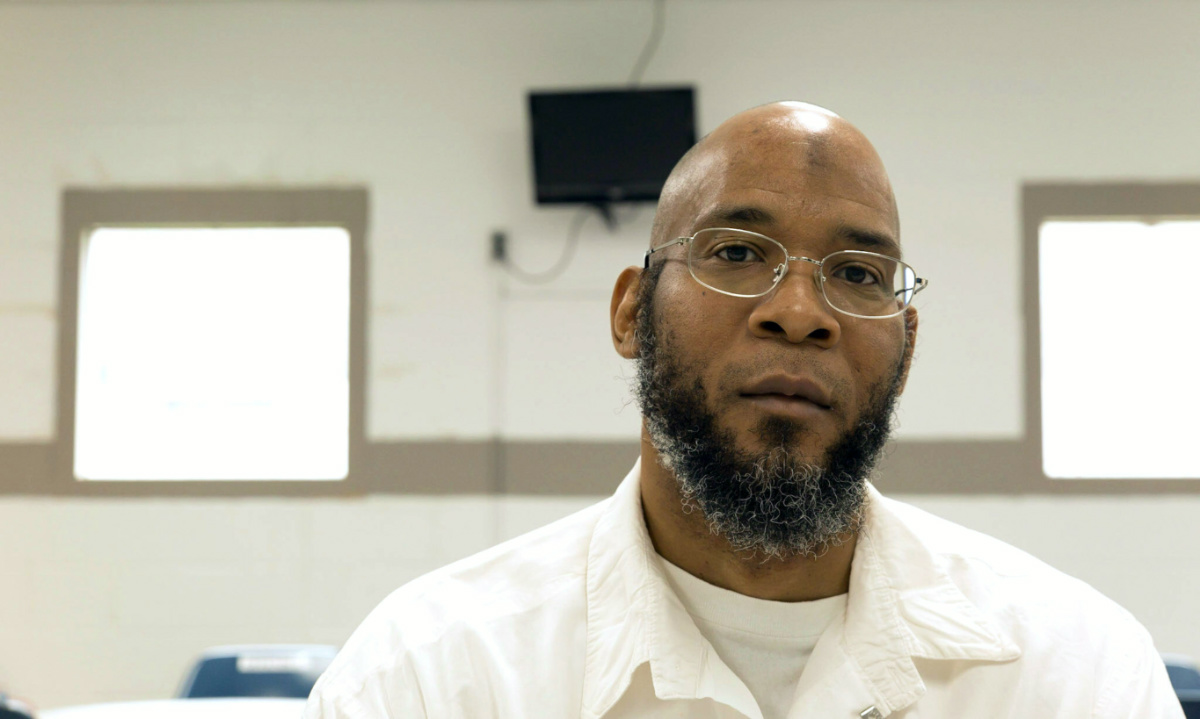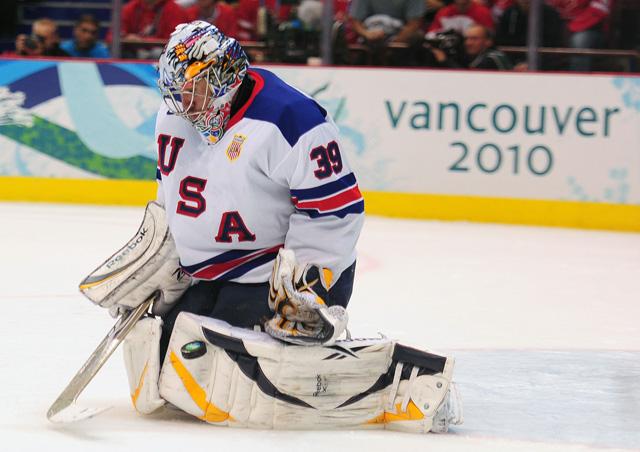Even though the Summer Olympics have recently come to a close, the Winter games are just around the corner, and one question begs to be asked. Why are professional athletes representing their respective countries in team sports?
There was a time when amateur athletes put on the red, white, and blue and embodied an entire country, but as of late, the people representing the U.S. are men and women who have turned pro in their respective sports and receive compensation for their performance on the field, hardwood, or ice outside of the games.
It would be more of a spectacle if amateur athletes competed in the team events. In a way, having professionals in the Olympics have ruined everything that was special about the games.
The team U.S.A. basketball squad in London this summer, which included stars such as Kobe Bryant, Kevin Durant, LeBron James, and Blake Griffin, easily dominated opponent after opponent en route to its second straight gold medal, and sixth in the past eight Summer Olympics. The only legitimate challenge for the squad came from fellow NBA player Pau Gasol and Spain.
Olympic basketball wasn’t worth watching this summer, solely due to the fact that the United States was a guaranteed winner. What’s the fun in watching a bunch of professional players knock off Tunisia 110-63, or Nigeria, 156-73?
Team U.S.A. should have thrown a team of rag-tag college players into the equation to go up against the top talent from other countries. At least then it would have been competitive and not quite as one-sided.
There was a time however, when amateur athletes dominated both the Summer and Winter Olympic circuits, but that rule was changed in the early 1970’s when the Soviet Union found a loop-hole to allow its top athletes to hold amateur status while constantly training.
Because the USSR consistently won gold medals during this time, the International Olympic Committee changed the rule in 1986 to allow “the world’s great male and female athletes to participate.” In other words, the IOC amended its rule to allow professional athletes to compete, with boxing the only exception.
In 1980, a group of the top college hockey talent in the NCAA represented the U.S. in Lake Placid, which has become affectionately known as the “Miracle on Ice” because of the immense odds that the Americans had to overcome against the USSR in the medal round.
That team carried the country on its shoulders and helped an ailing nation at a time when it needed it the most. The 2012 U.S.A. basketball club did not excite a nation that arguably needed something to inspire its people as well.
The current Olympic format needs to go back to banning professional players. The games become more exciting and pleasurable to watch when there isn’t one team that is favored to go all-the-way. Upsets can and will happen if given the opportunity.
The International Olympic Committee needs to change the rules for basketball, ice hockey, and every other team sport. In soccer, only players 23 years of age and younger are allowed to be on a club’s roster. If this rule made universal to all sports, there would be room for only a few professionals to be on a squad, but for the most part, amateurs would make up most of the team.
Although the chances of returning amateur athletes to team sports in the Olympics looks bleak, it needs to be considered as a way to let young competitors show their true talent, and to make the games a little more entertaining.








